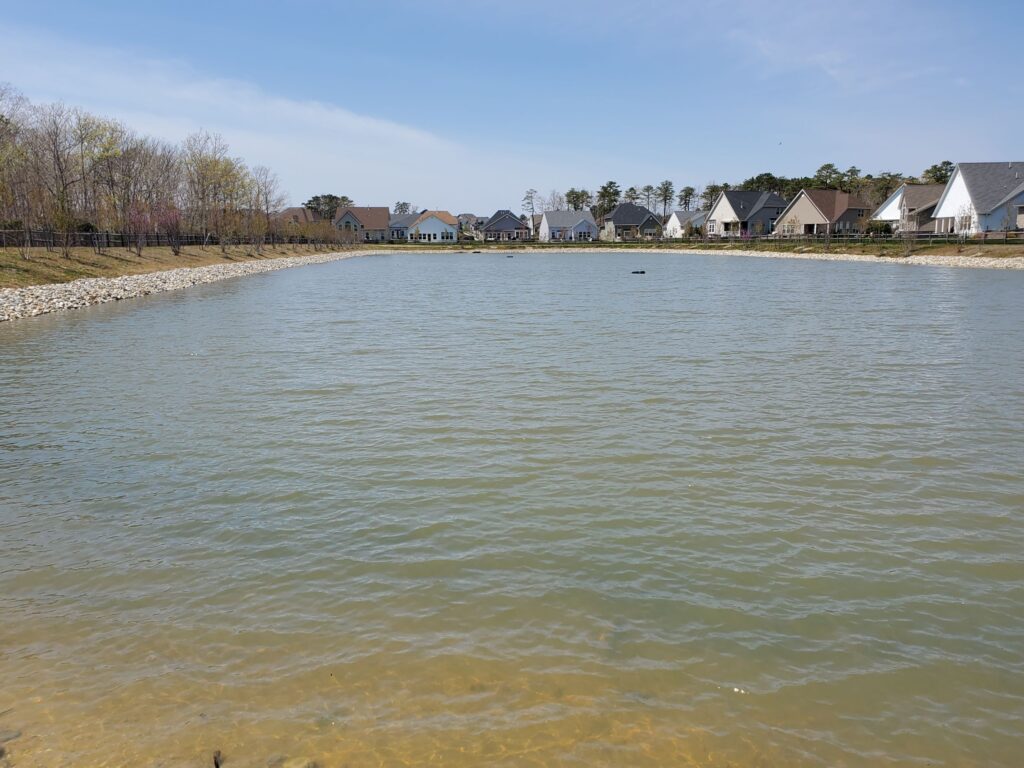
The water quality of coastal waterways is of vital importance to local economies and ecosystems. With ever-increasing demand for land development and associated construction activity in Ocean County, it is essential to ensure the local waterways are not negatively impacted by pollutants, such as construction debris and sediment, in stormwater runoff. Stormwater runoff is that portion of precipitation that returns to water bodies over the surface of the ground. The amount of stormwater runoff in a given area is a function of several factors including, but not limited to: the amount and intensity of precipitation, soil texture, vegetative coverage, and slope/land grading. In fact, it is now known that stormwater runoff and associated flooding are escalating due to increases in precipitation. In November 2021, Environmental Protection Commissioner Shawn M. LaTourette announced: New Jersey-specific studies confirm rainfall is intensifying because of climate change.
The District staff review stormwater management reports for new and re-development projects to protect and maintain the stability and integrity of natural resources on downstream or off-site property due to changes in the rate and volume of stormwater runoff associated with construction activity and land development. The New Jersey Soil Erosion and Sediment Control Standard for Offsite Stability (21-1) works to address this natural resource concern. Through ensuring this standard is applied on both re-development and new construction projects, the ultimate goal of minimized environmental impact and long-term protection of downstream water quality can be obtained.
